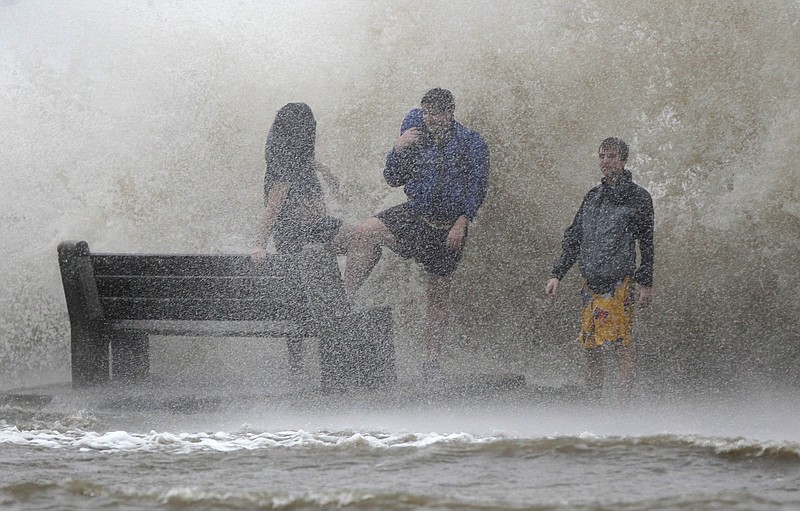From time to time, scientists express incredulity as to why people don't fall in line with their global warming-cum-climate change forecasts.
Here's why. At least, here's just one reason people who read and listen and think for themselves are skeptical.
In April 2015, the American Geophysical Union reported that the United States has been in a nine-year Atlantic hurricane landfall drought. "Such a remarkable 'hurricane drought' has never been seen before," the report stated. "Since records began in 1851 the last major hurricane - of Category 3 or higher - to make landfall in the U.S. was Hurricane Wilma in [October] 2005."
But following Hurricane Katrina in August 2005, climatologist-fed media members said the devastating Louisiana/Mississippi storm was only the beginning.
"I think the biggest lesson from Katrina a year later is that those same ingredients, you know, a city below sea level hit by a major hurricane, will be replicated by global warming all along our Atlantic and Gulf Coast lines," global warming author Mike Tidwell said on CBS's "The Early Show" on Aug. 24, 2006.
He went on to claim cities all along the coast would be underwater due to increased hurricane activity and intensity "unless we stop global warming."
Less than a month after Katrina, CBS anchor Russ Mitchell said there would be "continued high levels of hurricane activity and high levels of hurricane landfalls for the next decade or perhaps even longer."
"For years now," he went on to say, "experts have been saying we've entered a period of increased hurricane activity that may last a long time."
The same month, NBC "Nightly News" anchor John Seigenthaler, joined by the network's chief science correspondent and a climatologist, made a similar prediction.
"Scientists studying the earth's climate say we are experiencing stronger hurricanes in this century," he said, "a trend that's likely to continue."
Now, a new study by Colorado State University scientists suggests a localized cooling and salinity level drop in the North Atlantic Ocean near Greenland are changing the cycle of hurricane activity just as they have back to the late 1800s. The study's authors, one of whom pioneered hurricane season prognostication, point to quiet and busy cycles that don't take into account how damaging the hurricane was but how strong it is, how long it lasts and whether it makes landfall.
Such a study, without saying so, refutes the climate change experts of the last decade who were predicting more and more devastating hurricanes - which, in fact, haven't happened - because of the effects of global warming.
The truth is, since scientists can't even agree, we'll never know all there is to know about hurricanes, why they happen as they do, why they're worse one year and not the next, and how to predict them accurately.
